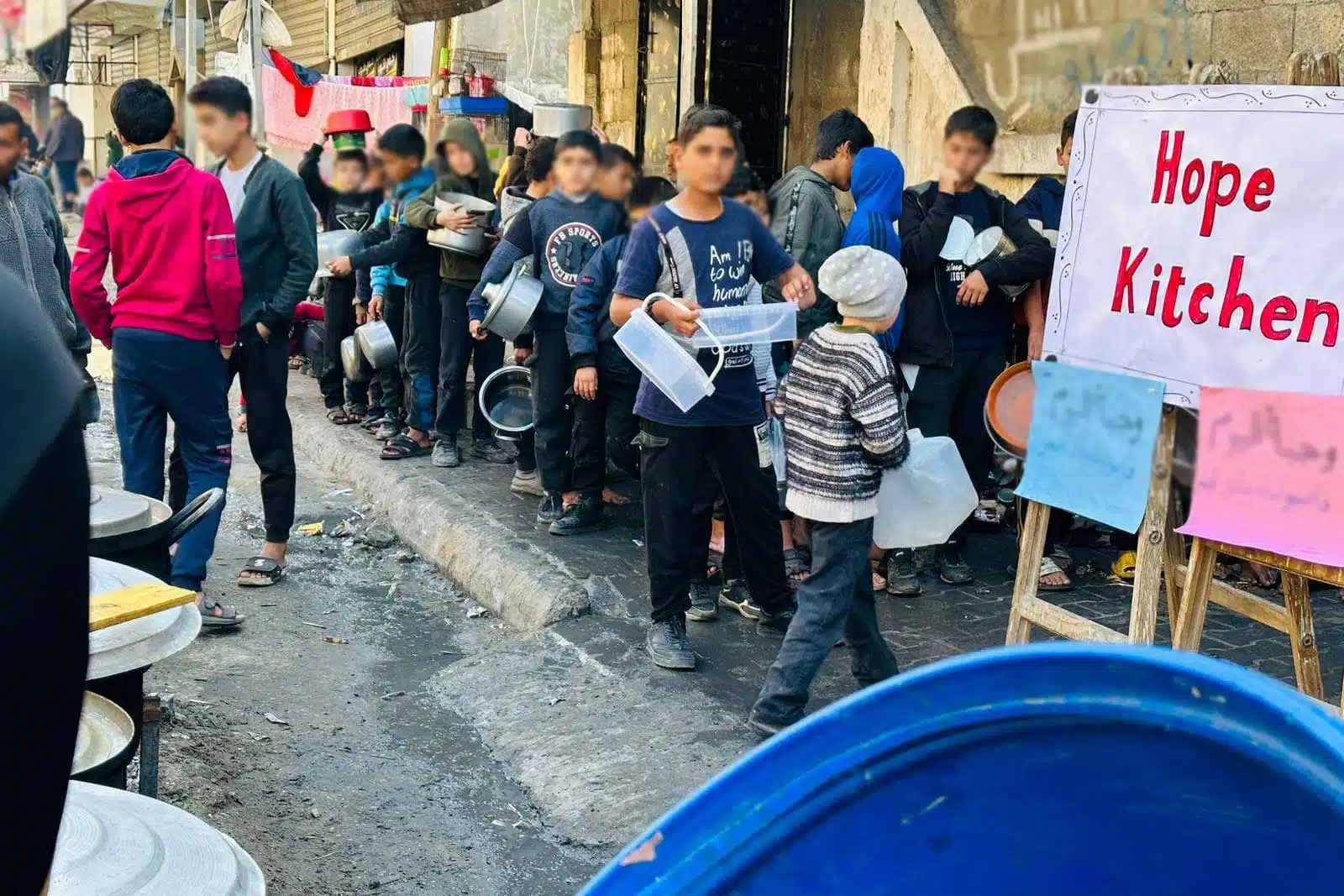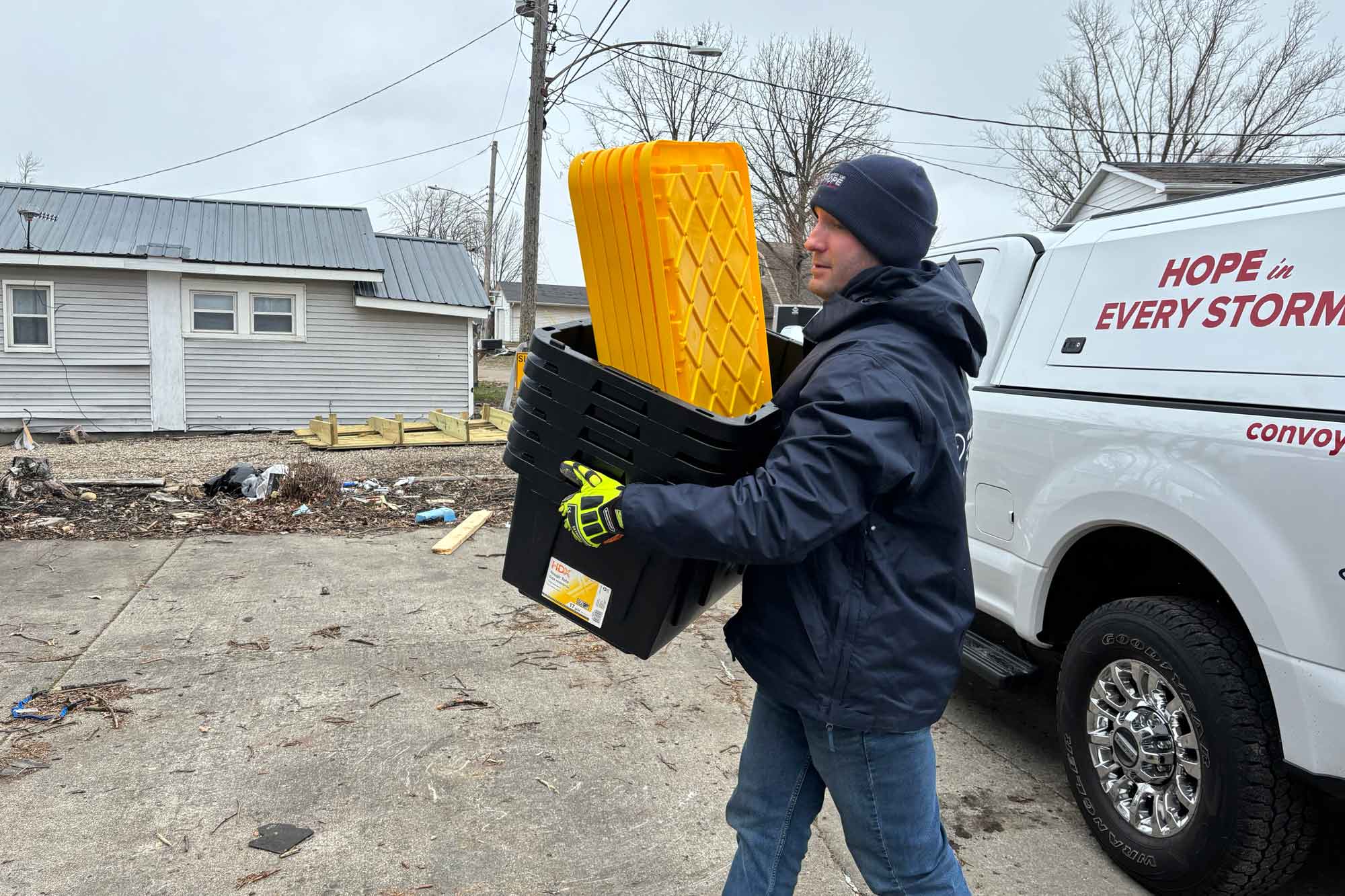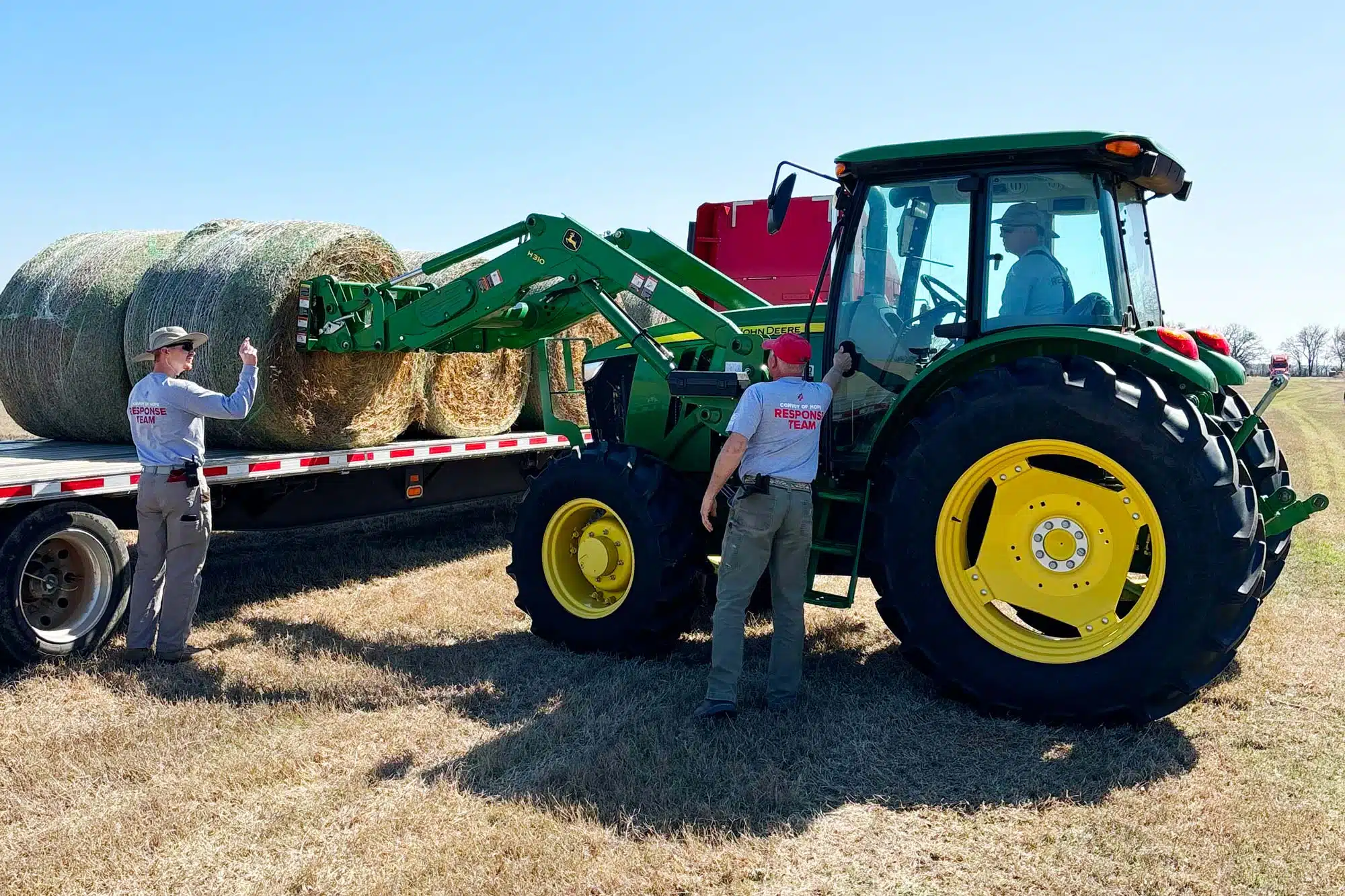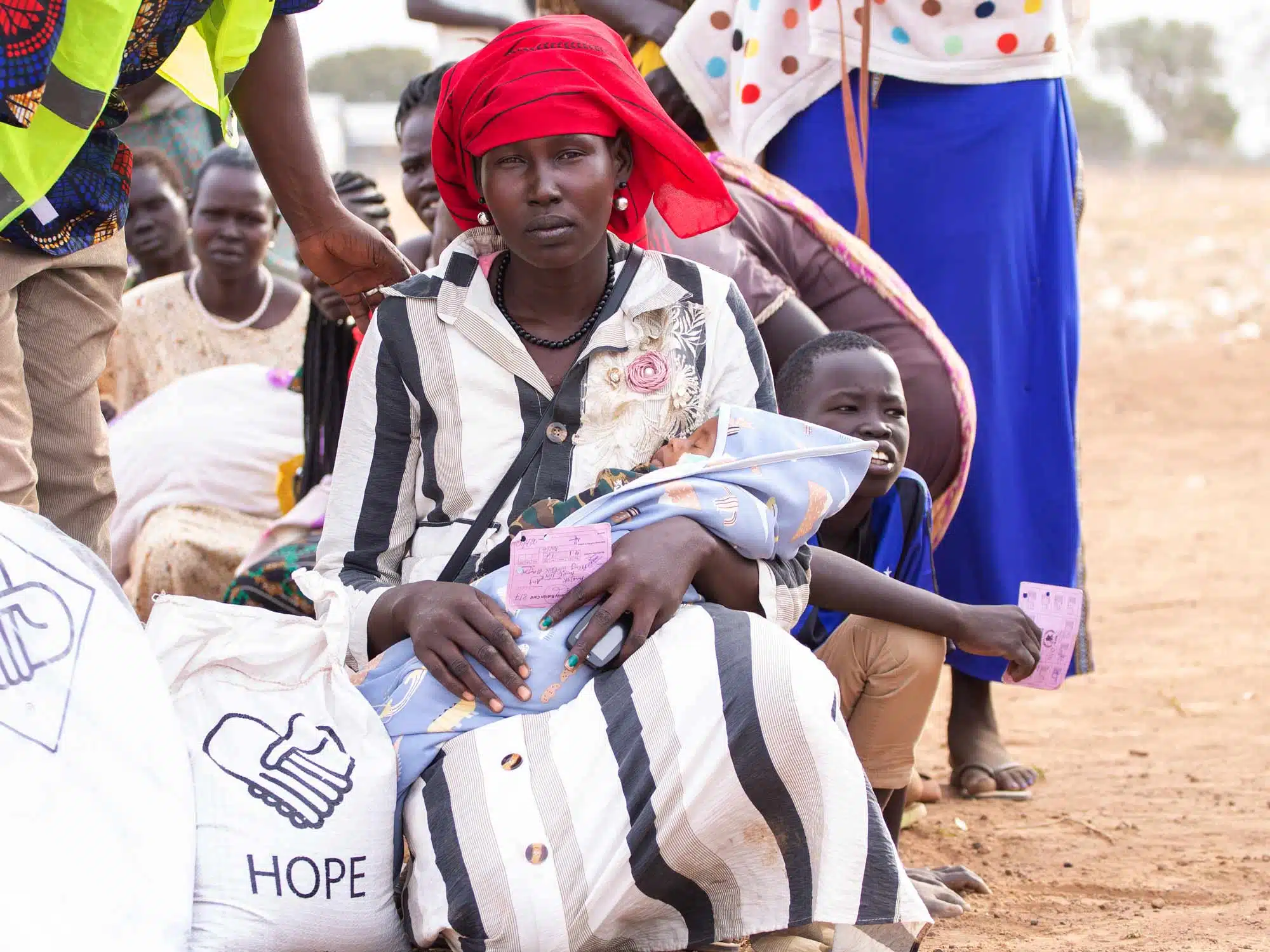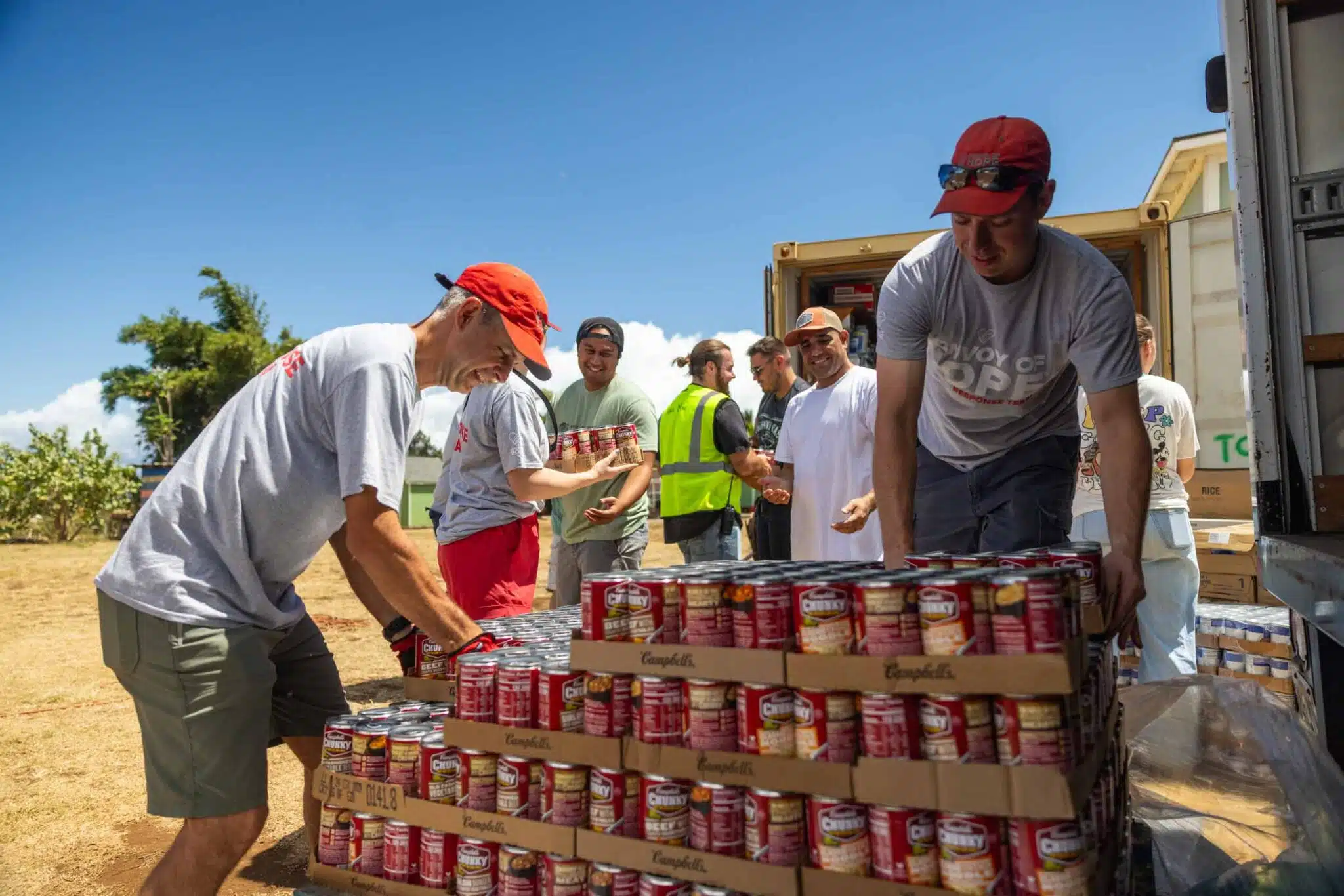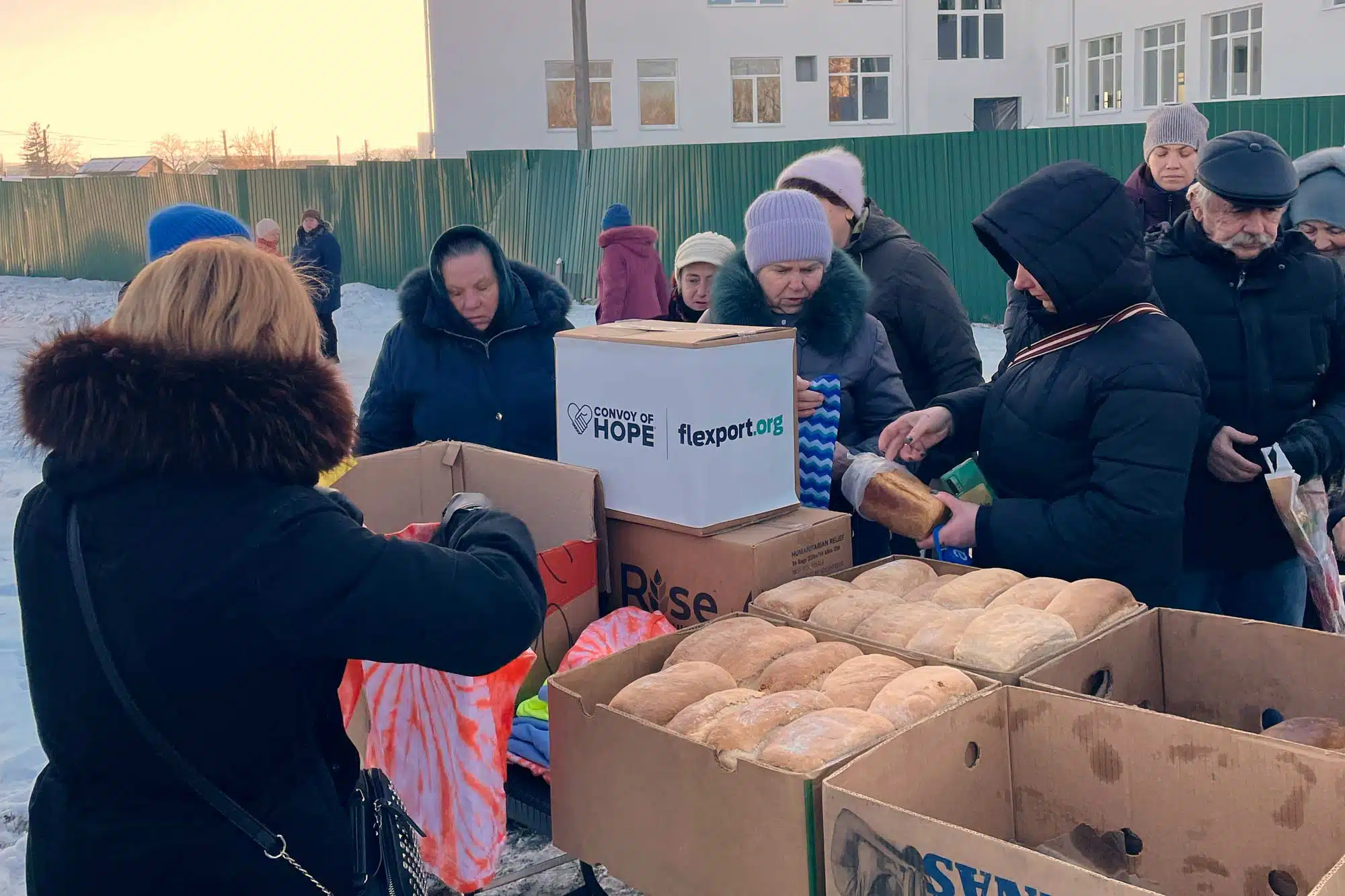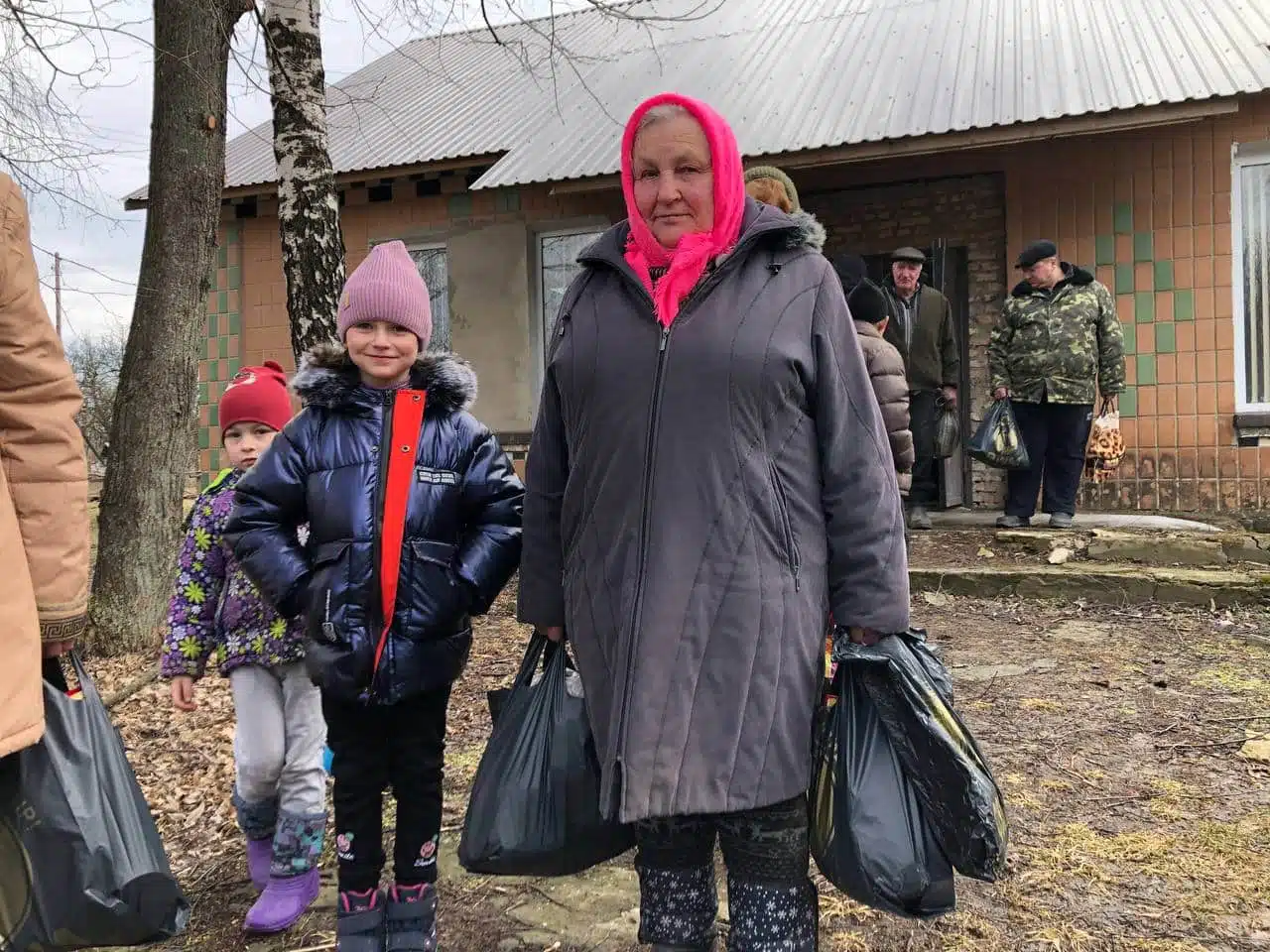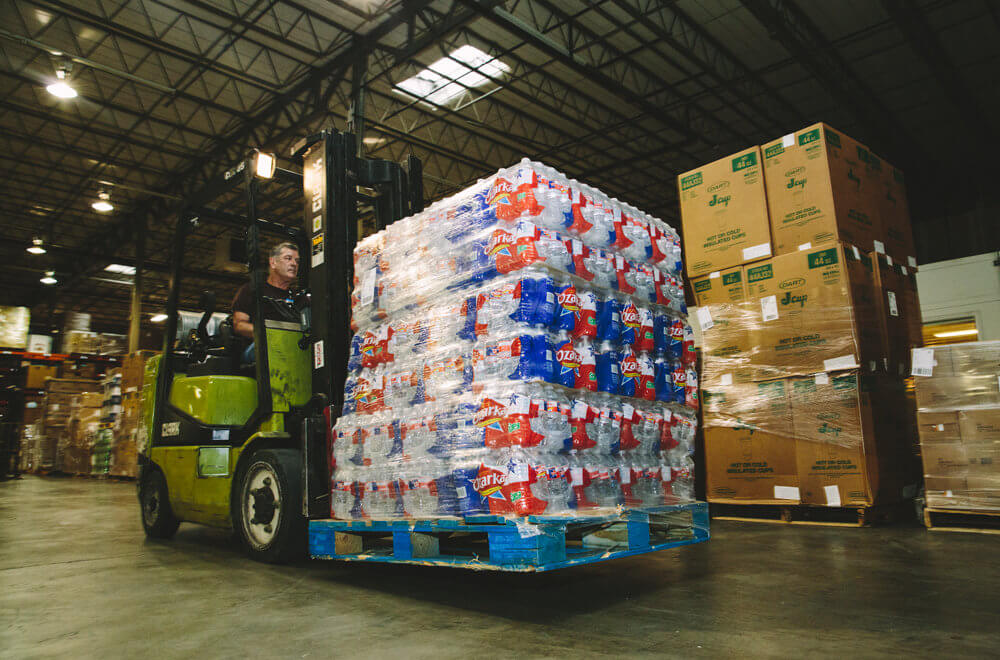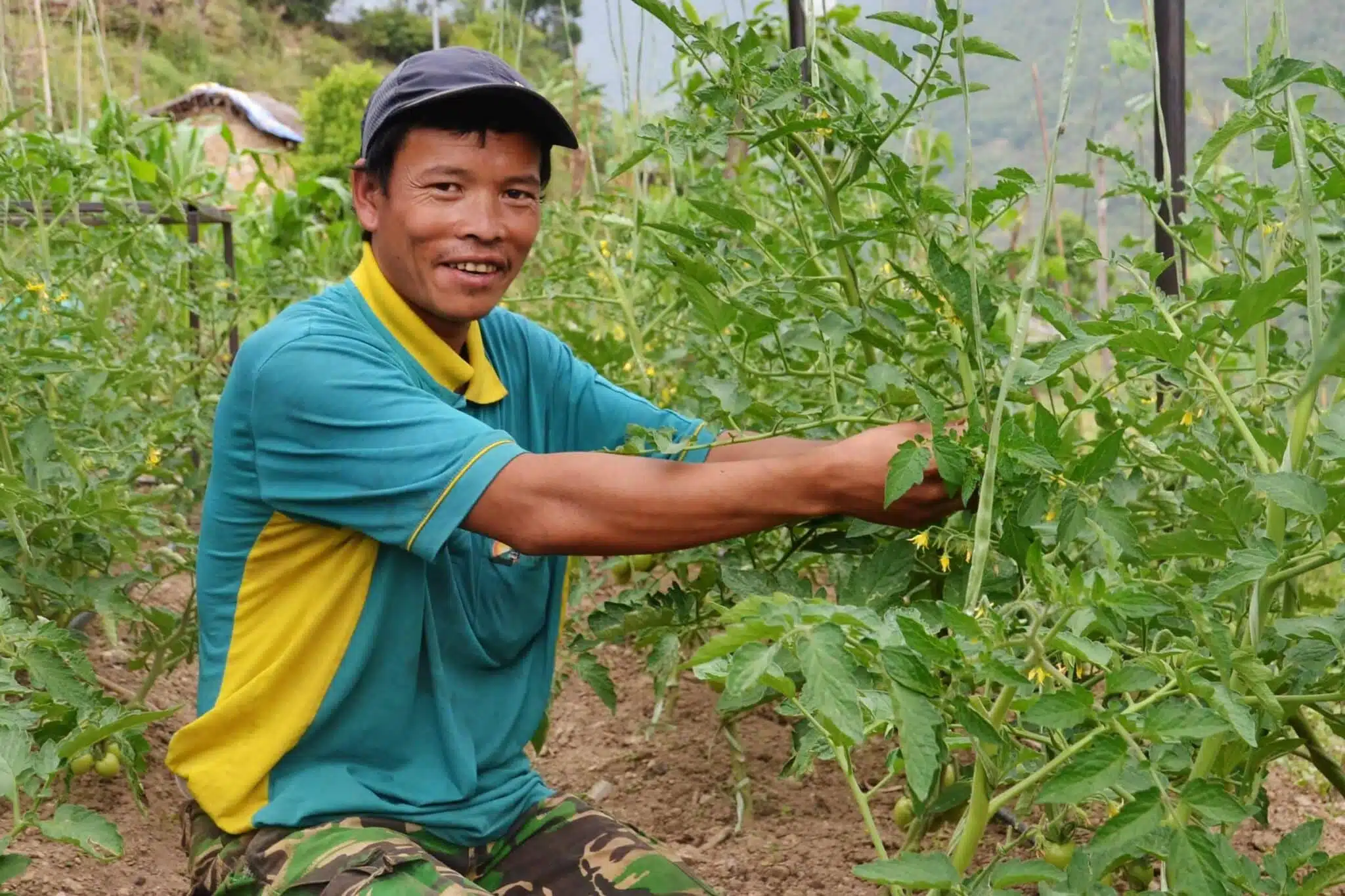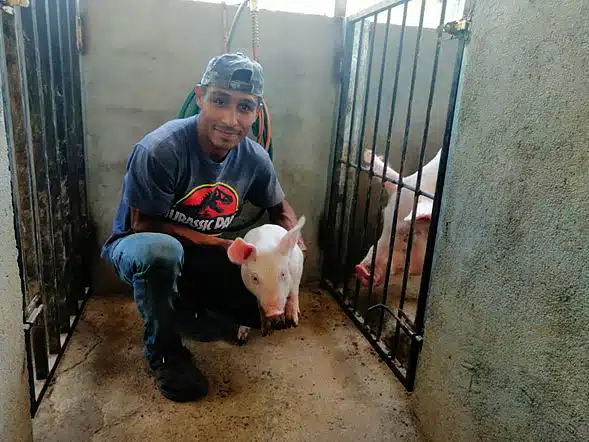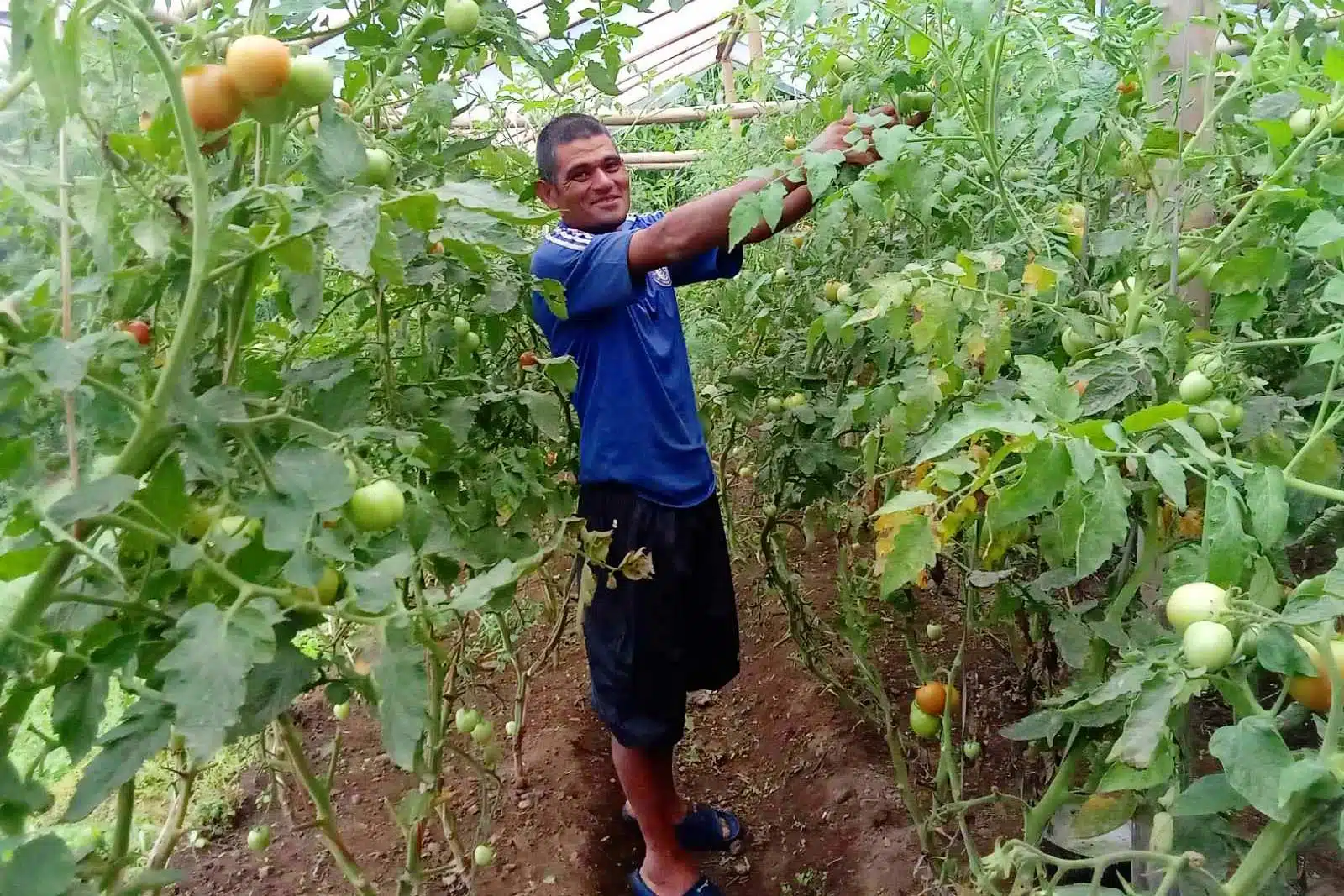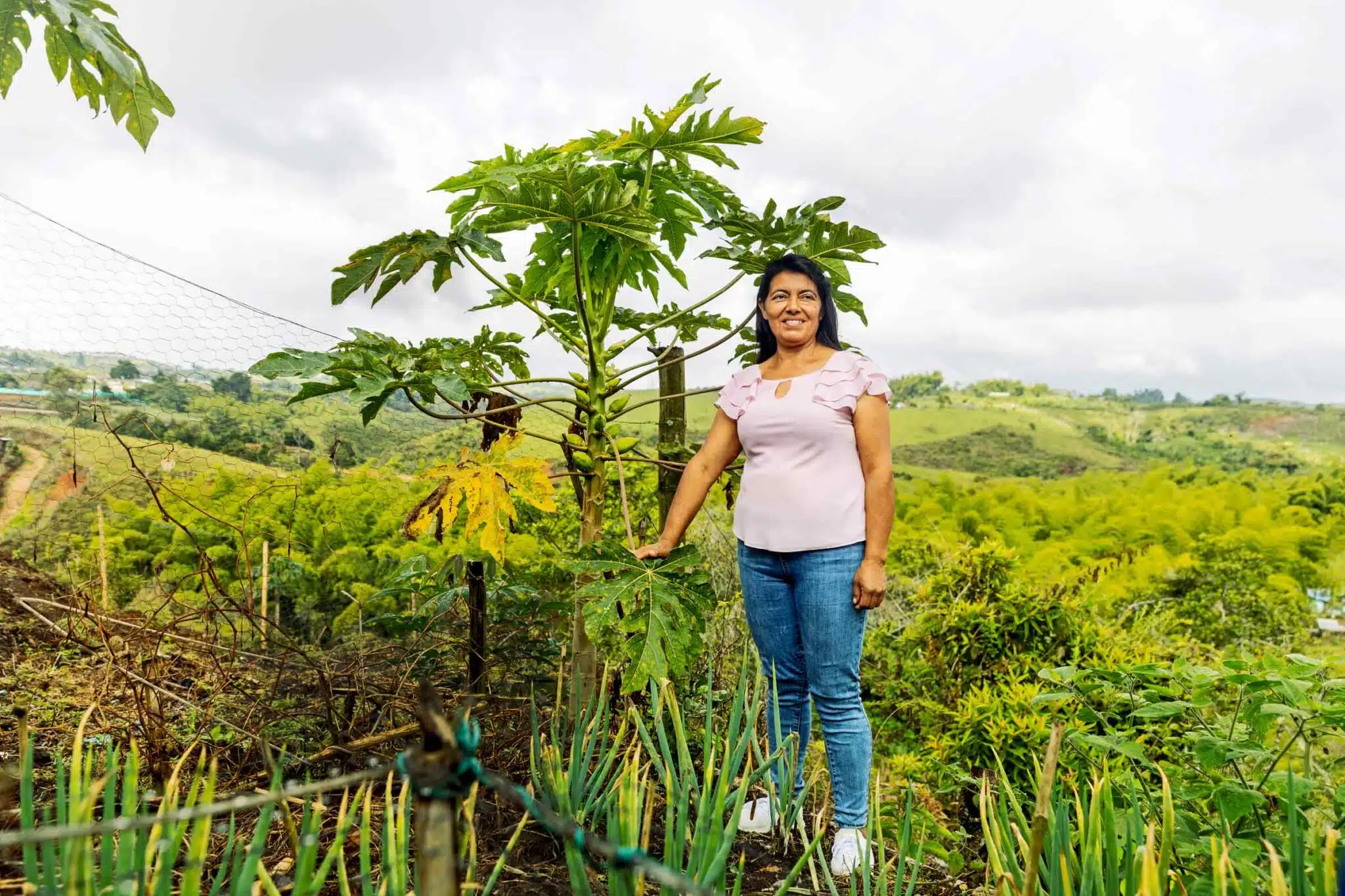
Standing on a second-floor balcony, I had no idea what was coming. When the earthquake hit, I raced out to the street. I was grateful to be alive. The death toll has never been firmly established, but it certainly crested 100,000 people.
The 2010 Haiti earthquake became a testing ground for Convoy of Hope’s long-term response to community needs. One of the powerful lessons learned in the following months was the role that agriculture training can play as a route to overcoming poverty and providing food security for families and entire communities.
Dr. Jason Streubel leads Convoy’s Center for Agriculture & Food Security (see his interview on page 24). In 2011, he organized Convoy’s first sustainable agriculture project in Haiti. He and his team trained local farmers in agriculture methods that helped them achieve increased yields to their crops in ways that kept costs low while protecting environmental and human health.
Convoy of Hope’s Agriculture initiative soon expanded from Haiti. In 2022, our global Agriculture team trained more than 25,000 participants around the world. By 2030, the goal is to train 100,000 in agriculture each year.
But, at Convoy, the big numbers always translate into individual people whose lives have been changed: People like Reina in El Salvador, where Convoy melds Women’s Empowerment with Agriculture.

Reina has experienced great success in her own business and is now helping other women too. Participants receive a feeder, equipment to build a coop, training in the care and medication of chickens, and a starter group of 15 hens.
Reina has grown her business to more than 550 hens. “I didn’t think I could ever do this,” she said. “But Convoy of Hope came alongside me and encouraged me.”
In Tanzania, Convoy helped a school create a massive garden. It’s about the size of a football field. When our team visited this spring, students stood near the different vegetable beds. Every child gave a presentation. “This is kale,” one student said with a smile. “Kale has vitamin D in it.”
The students were eager to be involved in gardening clubs and to share about the benefits of their vegetables. Their families’ diets have greatly improved because of what they have learned.
In Nicaragua, we visited a citrus farm. Maria Antonia and her son, both longtime farmers, experienced drought, which stunted their crops of corn and beans. Convoy of Hope’s agricultural specialists work alongside farmers to determine what they know and what they’ve already tried. The best results happen when farmers and Convoy’s specialists work together to find creative solutions.
“We’ve always been interested in growing citrus,” Maria Antonia said. She and her son had been reluctant to take the risk of changing their entire field from row crops to citrus.
This article first appeared in Hope Quarterly Issue 31.
